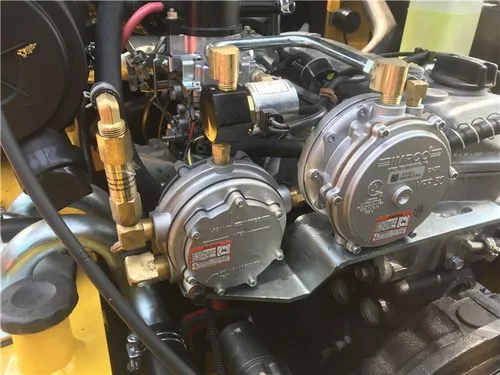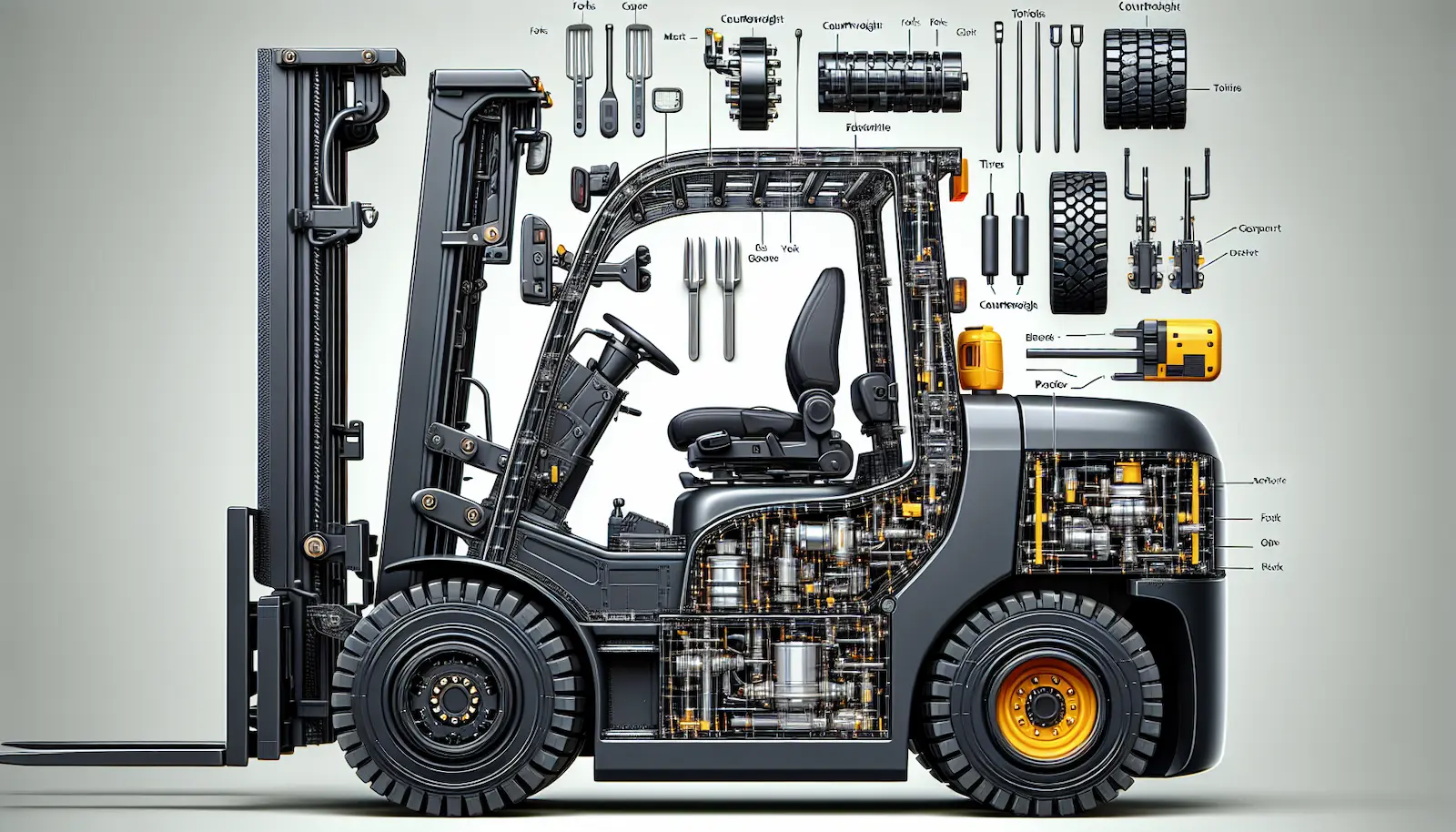1.High Efficiency and Energy Saving
Electric forklifts are powered by batteries, eliminating the need for fuel consumption and reducing energy waste and exhaust emissions compared to traditional internal combustion engine forklifts. Electric forklifts are also more flexible in terms of charging. They can be charged as needed, avoiding the waiting time during fuelOne of the advantages of electric forklifts over traditional fuel-powered forklifts is their high efficiency and energy-saving characteristics.
Electric forklifts are powered by batteries, eliminating the need for fuel consumption and reducing energy waste and tailpipe emissions. Electric forklifts also offer greater flexibility in charging, allowing them to be charged as needed. This eliminates the downtime associated with refueling fuel-powered forklifts and significantly improves work efficiency.
2.Low Noise
The electric drive system of electric forklifts results in quieter operation compared to fuel-powered forklifts. This is beneficial for creating a more peaceful work environment and reducing disturbance to operators and the surrounding area. The reduced noise levels can contribute to improved concentration and communication among workers, enhancing overall efficiency and safety in the workplace.
3.Zero Emissions
One of the significant advantages of electric forklifts is their zero-emission operation. Unlike fuel-powered forklifts that emit exhaust gases, electric forklifts do not produce any tailpipe emissions. This makes them suitable for indoor applications and areas with strict environmental regulations. They help maintain a cleaner and healthier working environment by eliminating harmful pollutants and reducing the risk of respiratory issues for operators and nearby personnel.
4.Precise Control
Electric forklifts are equipped with precise electronic control systems, allowing operators to easily control the movements of the forklift using control levers, buttons, or touchscreens. The advanced control technology ensures accurate and responsive handling, enabling operators to precisely position loads and navigate in tight spaces.
5.Versatility and Adaptability
Electric forklifts offer versatility and adaptability to meet various industry and workplace requirements. They can be customized and configured with a wide range of specialized attachments, such as specific fork heads, pallet clamps, and side-shift devices. This allows them to handle diverse types of loads and materials, catering to specific handling needs in industries like logistics, manufacturing, and retail.
6.Low Maintenance Costs
Compared to traditional internal combustion engine forklifts, electric forklifts have lower maintenance costs. Electric forklifts have fewer key components and are designed to be durable, reducing the need for frequent repairs or replacements. They do not require regular oil changes, air filter replacements, and other maintenance tasks associated with fuel-powered forklifts, resulting in cost savings and reduced downtime.
7.Data Monitoring and Intelligent Features
Modern electric forklifts are commonly equipped with data monitoring systems that allow real-time monitoring of various parameters. These systems provide valuable information about the forklift’s operational status, battery level, travel distance, and other key metrics. This data can be used for maintenance planning, performance analysis, and efficient fleet management.
In conclusion, electric forklifts are crucial tools in the modern logistics industry. Their advantages include high efficiency, energy savings, low noise, zero emissions, precise control, adaptability, low maintenance costs, and intelligent features. They enhance productivity, improve working conditions, and reduce operational costs, making them essential for efficient and sustainable logistics operations.



